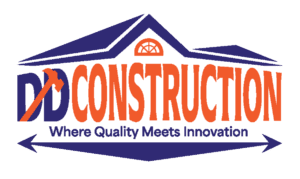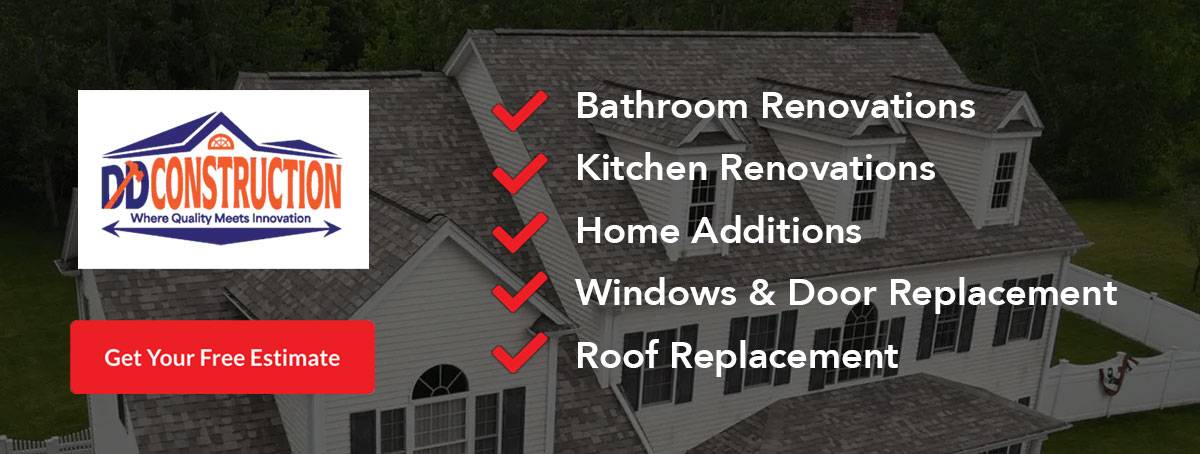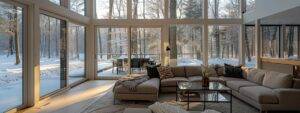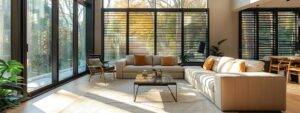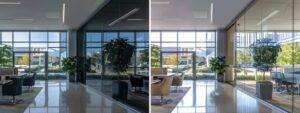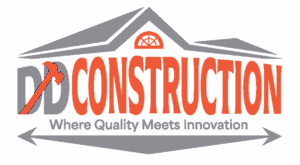Flat vs. Pitched Roofs: What Roof Contractors in Massachusetts Recommend for Your Home
Introduction
When choosing a new roof for your Massachusetts home, homeowners must consider design, material, and performance factors that affect both aesthetics and functionality. Many residents also consult ddconstructionma when comparing flat roofs and pitched roofs to ensure they have expert guidance. In a state known for unpredictable weather and urban sophistication, selecting the appropriate type becomes a critical home improvement decision. Flat roofs, popular for their modern appearance and straightforward design, offer advantages like cost-effective installation and a low-profile look but also present maintenance challenges in areas with heavy snowfall and moisture. Conversely, pitched roofs are valued for effective water runoff, superior durability, and an attractive appearance that complements traditional New England architecture.
Massachusetts roof contractors stress aligning roofing choices with local building codes, weather conditions, and structural requirements. Expert roofers advise that the decision should consider performance metrics such as lifespan, maintenance needs, and overall cost efficiency in addition to aesthetics. This article explores what defines a flat roof, its advantages and drawbacks, and compares it to pitched roofs regarding durability, maintenance, and visual appeal while including insights into building codes and contractor recommendations. The purpose is to offer a detailed evaluation that helps homeowners make an informed roofing decision that matches their unique needs and home style while ensuring compliance and long-term performance.
What Is a Flat Roof and Why Do Massachusetts Contractors Recommend It?
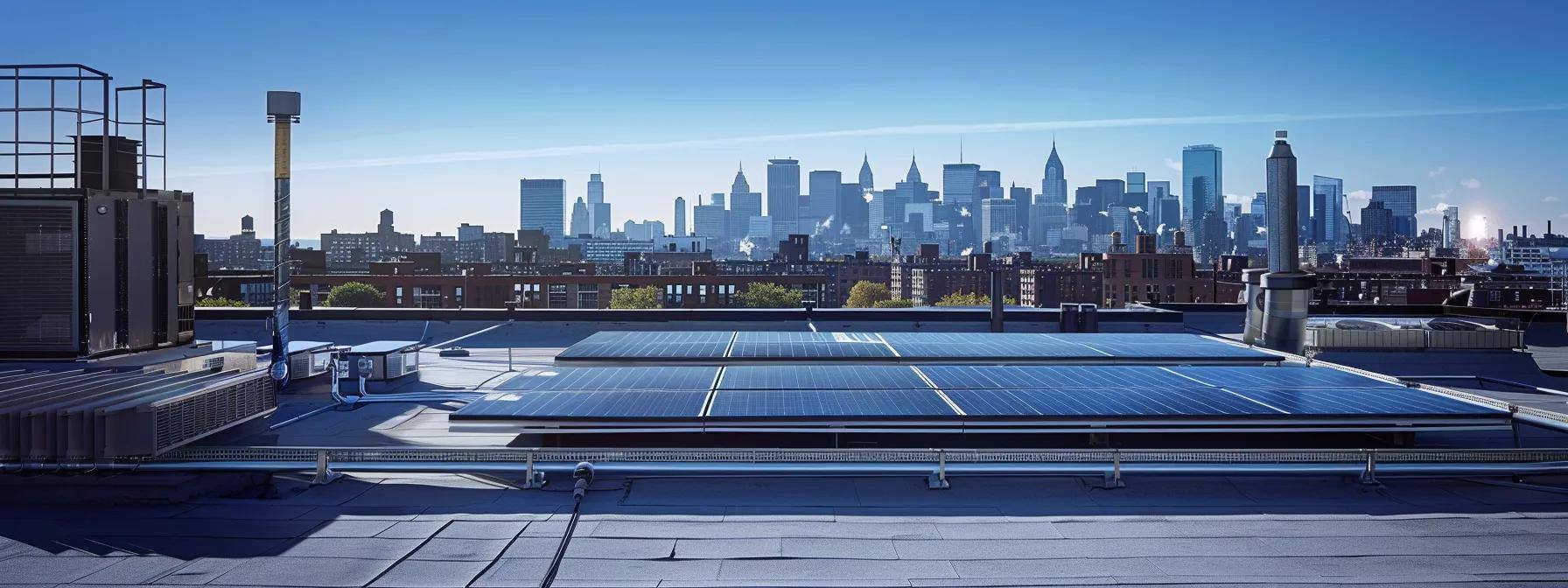
A flat roof is defined as a roof with a slight or nearly imperceptible pitch, designed mainly for modern aesthetics and functionality in low-slope structures. Massachusetts roofing experts recommend flat roofs for many residential and commercial applications due to ease of installation and accessibility for maintenance tasks. With a minimal incline (usually less than 10 degrees), flat roofs are well-suited for installing HVAC systems, solar panels, or green roofs.
What Are the Key Features of Flat Roofs?
Flat roofs are known for their simple, adaptable design featuring a single, continuous surface over a supporting structure of beams or concrete. Their uniform appearance contributes to modern, minimalist aesthetics. This design also supports raised sections or parapets used for safety or to conceal equipment.
Key elements include waterproof membranes such as EPDM, TPO, or built-up roofing systems engineered for horizontal water flow. Many flat roofs incorporate slight slopes or tapered insulation systems to ensure effective drainage despite their appearance. However, because they have minimal pitch, specialized sealing at joints and seams is required for durability under Massachusetts weather conditions that include heavy precipitation and temperature fluctuations.
Furthermore, flat roofs offer the advantage of extra living or recreational space on top of buildings and are common in commercial structures and some upscale residences. Their uncomplicated design means a faster installation process compared to complex pitched systems, making them a favored option for projects prioritizing streamlined design and modern functionality.
What Are the Pros and Cons of Flat Roofs in Massachusetts?
Flat roofs offer advantages such as lower installation costs, ease of maintenance access, and the potential to integrate rooftop gardens or decks. Their simpler design generally requires fewer materials and less labor, reducing overall project costs.
On the downside, flat roofs are more prone to water pooling which can lead to leaks if drainage is not flawless. In harsh New England winters, snow accumulation may increase the risk of structural strain and water infiltration during thaws. They often require more frequent inspections and maintenance to ensure that seams and waterproofing remain intact. Regular maintenance is essential to address pooling and UV exposure effects on roofing membranes.
Thus, while their lower upfront cost and modern appeal are significant advantages, flat roofs demand consistent upkeep by professionals familiar with local weather challenges to maintain reliable performance and appearance.
Which Materials Are Best for Flat Roofs in Massachusetts?
Massachusetts contractors typically recommend high-performance materials that withstand both severe winters and hot summers. EPDM rubber is popular for its resistance to UV rays, ozone, and extreme temperatures. TPO is favored for its energy efficiency and reflectivity, which helps reduce cooling costs, while Built-Up Roofing (BUR) systems offer robust protection through multiple layers of bitumen and reinforcing fabrics.
Other suitable options include modified bitumen membranes and single-ply membranes known for flexibility and durability. Installation quality is critical regardless of the choice to ensure proper adhesion and waterproofing. In selecting materials, factors such as resistance to thermal shock, ease of repair, lifecycle cost, local building codes, and energy efficiency ratings are all considered. Many Massachusetts roofers advocate for combining liquid-applied with mechanically fastened techniques to address the state’s fluctuating climate.
How Long Do Flat Roofs Typically Last in Massachusetts Climate?
When constructed with premium materials and maintained properly, flat roofs in Massachusetts typically last between 15 to 25 years. Lifespan depends on membrane quality, installation techniques, and maintenance frequency. In environments with severe winters, heavy snow loads, and intense summer sun, proper insulation and drainage are essential to prolong roof life.
Roof contractors emphasize that routine inspections and prompt repairs of minor issues—such as membrane punctures or pooling water—are crucial to prevent structural damage or mold growth. Although advanced systems with heat-welded seams and modern adhesives can perform for up to 25 years, overall exposure to harsh weather is a significant factor.
What Maintenance Does a Flat Roof Require?
Maintenance for a flat roof involves regular inspections, cleaning, and timely repairs to ensure long-term performance. Homeowners should inspect their flat roofs at least twice a year—typically in spring and fall—and after severe weather—to check for membrane wear, water pooling, or other damages. Clearing debris like leaves and branches from drains is critical to prevent backups during heavy rains or snowfalls.
Contractors recommend periodic resealing of seams and replacement of worn flashing, along with applying reflective coatings to reduce UV damage and thermal degradation. Advanced techniques, such as infrared scans, help detect hidden moisture issues. Consistent maintenance is usually more cost-effective than premature roof replacement.
What Is a Pitched Roof and Why Is It Popular Among Massachusetts Roof Contractors?
A pitched roof is characterized by its sloped structure, promoting effective water runoff and snow shedding. Massachusetts roof contractors frequently praise pitched roofs for combining durability with a classic aesthetic that complements historic New England homes. The slope not only enhances structural integrity but also offers significant advantages in heavy precipitation or snowy conditions.
What Are the Main Characteristics of Pitched Roofs?
Pitched roofs feature a defined slope or angle that efficiently directs water and snow away from the building. This design typically involves trusses or rafters providing structural support and creating a ventilated space underneath, which can enhance energy efficiency by aiding insulation and airflow. The steep pitch minimizes water pooling and reduces the risk of leaks.
Additional features include durable sheathing materials (like plywood or OSB) combined with roofing materials such as asphalt shingles, slate, or clay tiles engineered for extreme weather. The robust structure improves resistance against high winds and ice dam formation. Architectural elements like dormers, gables, and eaves can further enhance both functionality and visual appeal. Modern innovations, including energy-efficient underlayments and improved ventilation, have evolved the traditional pitched roof to meet today’s standards.
What Are the Advantages and Disadvantages of Pitched Roofs in Massachusetts?
Pitched roofs offer numerous benefits. Their natural slope facilitates rapid water runoff, significantly reducing the risk of leaks, mold, or rot. They typically last longer than flat roofs because efficient drainage and ventilation lower stress on materials, requiring less frequent maintenance.
However, pitched roofs can be more expensive to install and repair. Their more complex structure often necessitates additional support materials like trusses and underlayment, increasing labor and material costs. Although the classic appearance of pitched roofs is an advantage, it might not suit modern minimalist designs. In severe weather, their steep angles require strict building standards and regular inspections to maintain optimal performance.
What Roofing Materials Are Recommended for Pitched Roofs in Massachusetts?
For pitched roofs, materials must balance visual appeal with the ability to handle diverse weather patterns. Asphalt shingles are widely used for their affordability, durability, and resistance to wind and hail. For a more upscale finish, slate and clay tiles are recommended due to their long-lasting performance and historic look.
Metal roofing has also gained popularity, as it offers exceptional durability and energy efficiency; metal roofs can last from 40 to 70 years with minimal maintenance and excel at shedding snow and ice. Wood shakes, while distinctive, require more upkeep and are less common in Massachusetts due to moisture and pest concerns. Roofing materials for pitched roofs often incorporate advanced underlayments and may be enhanced with reflective or “cool roof” coatings to reduce heat buildup.
How Long Can You Expect a Pitched Roof to Last in Massachusetts?
Pitched roofs are renowned for durability in Massachusetts, with proper installation and maintenance they can last between 25 to 40 years or more. Factors such as material choice, roof complexity, and regular maintenance play key roles. For instance, metal and slate roofs typically exceed the lifespan of traditional asphalt shingles.
The natural slope reduces water absorption, thereby decreasing damage risks. Routine annual inspections and prompt repairs of damaged shingles or sealing issues help ensure longevity. Although the initial installation cost is higher, the extended lifespan and lower maintenance frequency often justify the expense.
What Are the Maintenance Needs for Pitched Roofs?
Pitched roofs generally require less maintenance than flat roofs due to their steep design, which promotes efficient water runoff and minimizes pooling. Nonetheless, annual inspections remain important, especially after heavy snowfall or intense rain, to check for damaged shingles, loose flashing, or clogged gutters.
Regular cleaning of gutters and downspouts is necessary to ensure proper water diversion. Areas around chimneys, skylights, or vents should be monitored for wear. Contractors may recommend preventive measures like re-coating asphalt shingles, tightening fasteners, and sealing joints. The design often allows for easier maintenance access with proper roof equipment.
How Do Flat and Pitched Roofs Compare: Cost, Lifespan, and Maintenance in Massachusetts?
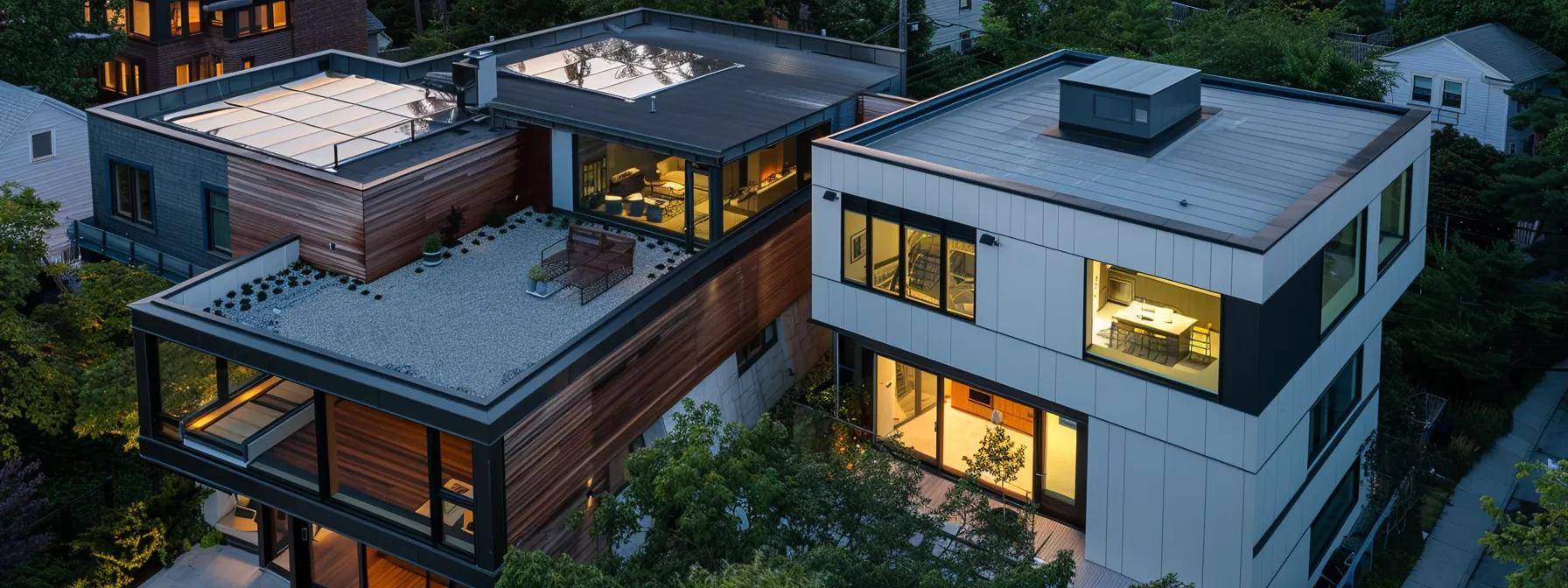
A comparison of flat and pitched roofs helps homeowners understand differences in installation costs, longevity, and maintenance. In Massachusetts’ severe and variable climate, these factors are particularly important when deciding on a roofing type.
What Are the Installation Cost Differences Between Flat and Pitched Roofs?
Flat roofs generally have lower installation costs due to their simpler design and fewer structural requirements. Without the need for complex trusses or rafters, labor time and material expenses are reduced, which can lower overall project costs. In contrast, pitched roofs often require more precise angling, additional supports, and specialized materials, driving costs up by 30 to 50 percent.
A table below quantifies these differences:
| Roof Type | Avg. Cost per Sq Ft | Structural Complexity | Labor Time | Material Options | Total Cost Impact |
|---|---|---|---|---|---|
| Flat Roof | $3.50 – $5.50 | Low | Shorter | EPDM, TPO, BUR | Lower upfront cost |
| Pitched Roof | $5.00 – $8.00 | High | Longer | Asphalt, Slate, Metal | Higher initial investment |
While the lower initial cost of flat roofs can be appealing, potential higher maintenance expenses must be considered. Pitched roofs, despite higher upfront costs, often provide better long-term value due to greater durability and reduced maintenance needs.
How Does Roof Lifespan Vary Between Flat and Pitched Roofs?
Roof lifespan is influenced by material quality, weather conditions, and maintenance frequency. In Massachusetts, pitched roofs typically last between 25 to 40+ years, while flat roofs often last 15 to 25 years. The slope of pitched roofs aids in water drainage and reduces the risk of membrane damage, contributing to their extended durability.
A comparative table outlines these differences:
| Roof Type | Typical Lifespan | Influencing Factors | Maintenance Frequency | Long-Term Value |
|---|---|---|---|---|
| Flat Roof | 15 – 25 years | Water pooling, membrane quality, drainage | Annual/biannual inspections | Lower if not maintained |
| Pitched Roof | 25 – 40+ years | Efficient drainage, better ventilation | Annual to biannual inspections | Higher long-term value |
Proper installation and regular maintenance are crucial to maximize lifespan for either roof type.
What Are the Maintenance Requirements for Each Roof Type?
Flat roofs, due to their limited slope, demand more frequent maintenance to keep drainage channels clear and protect the membrane. Biannual inspections, regular cleaning to remove debris, and prompt repairs of minor leaks are essential.
Pitched roofs benefit from natural water runoff, reducing the risk of pooling and the frequency of inspections. However, they still require periodic cleaning of gutters, checking of flashing, and repair of any damaged shingles. Maintaining a routine maintenance schedule helps extend the lifespan of both roof types and prevents costly repairs.
How Do Aesthetics and Home Design Influence Roof Choice?
Aesthetics play a significant role in roof selection in Massachusetts. Flat roofs provide a modern, minimalist look that suits contemporary or industrial designs, while their low profile can be ideal for homes emphasizing clean, urban lines.
Conversely, pitched roofs lend themselves to traditional home designs—Colonial, Victorian, or Cape Cod styles—enhancing historic character and providing additional attic space. The choice of roofing material further defines the visual impact and can be coordinated with the overall exterior design, ensuring both functional benefits and aesthetic harmony.
Which Roof Type Is Better Suited for Massachusetts Weather Conditions?
Massachusetts weather is characterized by heavy snowfall, intense summer sun, and frequent rain. Pitched roofs are generally better suited for these conditions because their slope naturally promotes snow shedding and rapid water runoff, reducing the likelihood of leaks or structural damage. Their design minimizes the risk of water pooling even during freeze-thaw cycles.
Flat roofs, while modern and cost-effective, require enhanced drainage and waterproofing measures to perform well under the same conditions. Contractors advise that if a flat roof is chosen, high-quality insulation, robust waterproofing systems, and reliable drainage are critical to mitigate risks in Massachusetts’ unpredictable climate.
What Massachusetts Building Codes and Regulations Affect Flat and Pitched Roofs?
Massachusetts building codes and regulations have a significant impact on roof design, installation, and maintenance. These rules ensure safety, energy efficiency, and durability, influencing material selection, structural design, and installation methods for both flat and pitched roofs. Non-compliance can lead to penalties and complications with future renovations or property sales.
What Are the Key Massachusetts Roofing Building Codes to Know?
Key roofing codes in Massachusetts emphasize structural integrity, fire safety, energy efficiency, and proper drainage. For flat roofs, a minimum slope is required to facilitate effective water run-off, while pitched roofs must meet specific standards for rafter dimensions, insulation levels, and ventilation to withstand local climate stresses. Both systems must also adhere to wind resistance and load-bearing requirements. These modifications to national standards account for regional weather patterns and seismic concerns.
Contractors must submit detailed plans and obtain permits before starting work, and inspections during and after installation verify that all standards are met.
How Do Building Codes Impact Roof Material and Design Choices?
Building codes dictate acceptable roofing materials and design practices. They may specify insulation values, ventilation rates, or fire ratings that materials must meet. For flat roofs, lightweight, durable membranes with excellent waterproofing are preferred. For pitched roofs, materials such as slate, asphalt shingles, or metal must be chosen to meet strict durability and wind-resistance standards. These requirements ensure that the roof performs efficiently and supports energy conservation measures.
Codes also influence design elements, such as parapet setbacks on flat roofs or ice and water shields on pitched roofs in snowy regions, ensuring functional and secure roof construction.
What Permits Are Required for Roof Installation or Replacement in Massachusetts?
Both flat and pitched roof projects in Massachusetts require roofing permits. Homeowners or contractors must submit detailed construction drawings, material specifications, and sometimes engineering reports to the local building department. Permits are mandatory for new installations, replacements, or significant repairs that affect structural integrity. Inspection processes are scheduled throughout the project to confirm compliance. In historic districts or areas with zoning restrictions, additional permits or approvals may also be necessary.
How Do Contractors Ensure Compliance With Local Regulations?
Massachusetts roof contractors ensure compliance by planning carefully, maintaining thorough documentation, and working closely with local building departments. Detailed site assessments and consultations with structural engineers help confirm that designs meet state standards. Ongoing inspections during installation ensure adherence to permit conditions. Many reputable contractors also hold certifications and memberships in local trade organizations, demonstrating their commitment to best practices and regulatory compliance.
How to Choose the Right Roof Type for Your Massachusetts Home?
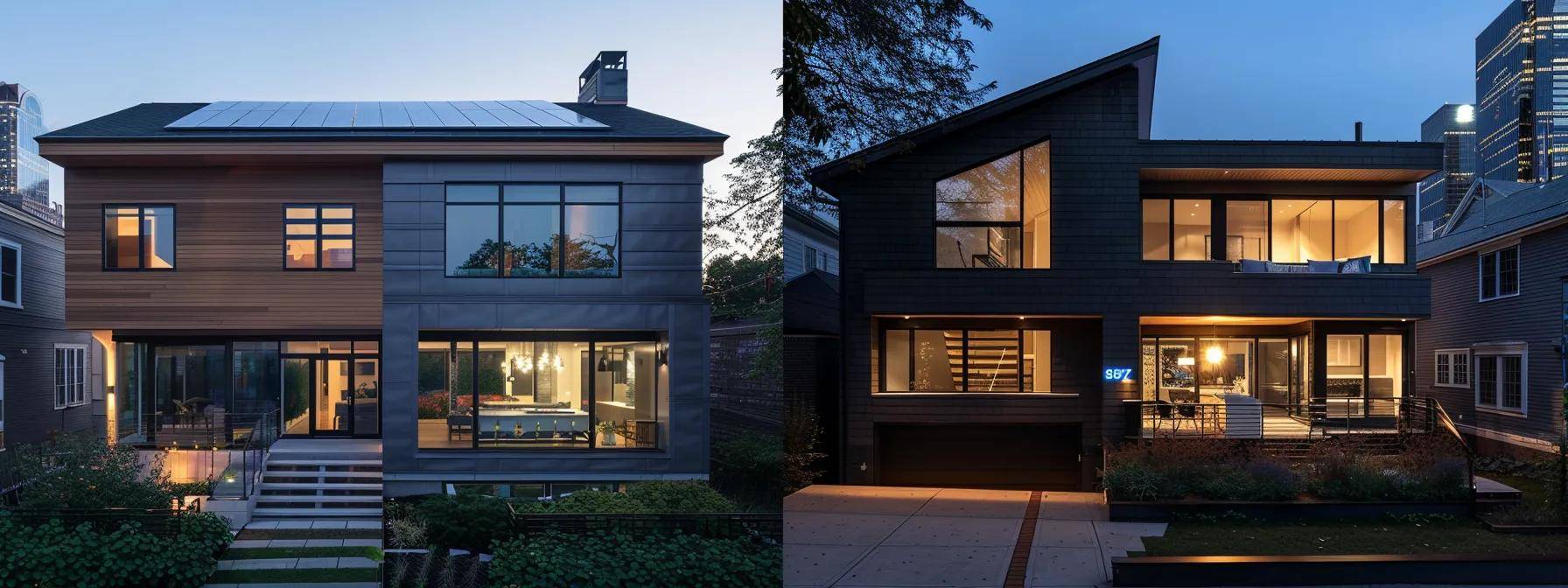
Choosing the ideal roof type involves balancing aesthetic preferences, budget, and environmental conditions. Homeowners should evaluate the pros and cons of flat versus pitched roofs in light of local weather, building design, and maintenance capabilities, while also considering energy efficiency and long-term resale value.
What Factors Should You Consider When Choosing Between Flat and Pitched Roofs?
Key factors include the local climate—Massachusetts experiences severe winters and heavy precipitation, making drainage and snow shedding critical—and the structural design of your home. Flat roofs can offer additional usable space for rooftop gardens or solar panels and suit modern, minimalist styles, while pitched roofs are often better for traditional homes and may provide extra attic space.
Budget is another important consideration. Flat roofs usually have lower upfront costs, but may demand more frequent maintenance, whereas pitched roofs, though more expensive to install, often offer better long-term value due to increased durability and reduced maintenance.
How Does Your Home’s Architecture Influence Roof Selection?
The style of your home influences roof choice. Modern designs with clean lines often pair well with flat roofs for a sleek, industrial look, while traditional New England homes benefit from the classic appeal of pitched roofs which enhance historic character. The existing structure may suggest one type over the other, and consulting design professionals ensures the selected roof aligns with both structural integrity and aesthetic goals.
What Role Does Energy Efficiency Play in Roof Choice?
Energy efficiency is critical when selecting a roof since it affects a home’s thermal performance. Pitched roofs combined with proper insulation and ventilation can improve energy efficiency by reducing heat transfer and enhancing attic airflow. Reflective coatings on pitched roofs can further lower cooling costs. Flat roofs can also be energy-efficient if equipped with proper insulation and reflective membranes, but may lose efficiency over time without diligent maintenance and proper drainage.
When Should You Consult a Massachusetts Roof Contractor?
Consult a Massachusetts roof contractor when planning a new installation or replacing an existing roof. Early consultation ensures that all building codes, environmental factors, and design preferences are addressed. Contractors provide expert guidance, perform comprehensive inspections, recommend maintenance schedules, and supply detailed cost estimates, helping homeowners make an informed, cost-effective decision that protects their investment.
Why Do Massachusetts Roof Contractors Recommend Their Roofing Services?
Massachusetts roof contractors recommend their services because they combine technical expertise, high-quality materials, and proven installation methods to ensure long-lasting performance for both flat and pitched roofs. Their recommendations are based on extensive local experience with challenging weather and strict building codes.
What Expertise Do Local Contractors Offer for Flat and Pitched Roofs?
Local roofing contractors bring specialized expertise tailored to the region’s environmental and regulatory landscape. They know which high-quality membranes, proper drainage designs, and maintenance strategies work best for flat roofs, and are equally adept with premium shingles, slates, or metal roofing for pitched roofs. Their advice also includes improvements in energy efficiency, such as reflective coatings and enhanced insulation, ensuring both durability and cost-effectiveness.
How Do Contractors Ensure Quality and Customer Satisfaction?
Quality and customer satisfaction are achieved through rigorous standards, high-quality materials, and systematic quality control during every project phase. Contractors conduct pre-installation assessments, detailed planning, and regular inspections. They also provide warranties on workmanship and materials, maintain clear communication, and offer transparent cost estimates—all of which ensure that projects meet technical requirements and exceed customer expectations.
What Are Common Customer Testimonials About Roofing Services in Massachusetts?
Testimonials from Massachusetts homeowners frequently highlight the professionalism, efficiency, and reliability of local roof contractors. Customers report high-quality workmanship, adherence to deadlines, and comprehensive installation and maintenance support. Many also note improvements in energy efficiency and visual appeal after roof replacements, praising the ease of scheduling consultations and the clarity of communication throughout the project.
How Can You Contact a Trusted Roof Contractor in Massachusetts?
Homeowners can obtain a free quote and expert guidance by contacting a trusted Massachusetts roof contractor. Reputable contractors are listed in local home improvement directories, professional associations, or come recommended through referrals. Their websites typically provide phone numbers, email addresses, and online appointment scheduling, and many offer free on-site consultations to assess the roofing system and provide tailored recommendations.
What Are the Most Frequently Asked Questions About Flat vs. Pitched Roofs in Massachusetts?
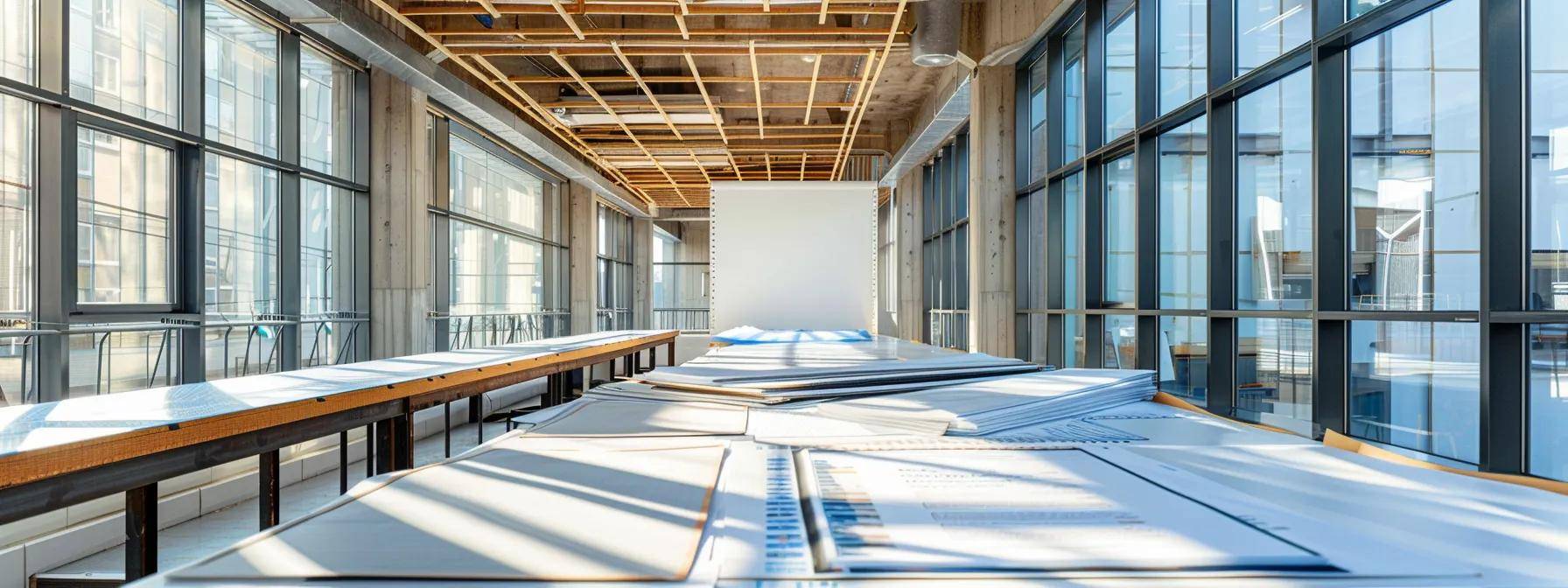
Homeowners in Massachusetts often ask about the performance, cost, and durability differences between flat and pitched roofs. These FAQs offer clarity on common concerns and help consumers make informed decisions based on expert insights and local conditions.
What Are the Pros and Cons of Flat Roofs?
Flat roofs come with benefits such as lower installation costs, a modern aesthetic, and extra space for amenities. However, they can suffer from water pooling and require more regular maintenance compared to pitched roofs, which generally have a longer lifespan.
How Long Do Flat Roofs Last?
With proper maintenance, flat roofs in Massachusetts can last between 15 to 25 years. Their lifespan depends on the quality of the membrane, installation methods, and routine upkeep, although they are generally more vulnerable to UV damage and water retention than pitched roofs.
What Are the Best Materials for Pitched Roofs?
For pitched roofs, materials such as asphalt shingles, slate, clay tiles, and metal roofing are popular in Massachusetts. Asphalt shingles are cost-effective and durable, while slate and clay tiles offer a high-end, long-lasting option. Metal roofing is favored for its energy efficiency and exceptional performance in shedding snow and rain.
How Much Does a New Roof Cost in Massachusetts?
The cost of a new roof varies by type, materials, and project complexity. Flat roofs typically cost between $3.50 and $5.50 per square foot, while pitched roofs range from $5.00 to $8.00 per square foot due to additional structural requirements. Labor, permits, and optional features like reflective coatings also affect total costs, so detailed quotes from local contractors are essential.
What Is the Difference Between Flat and Pitched Roofs?
The primary difference lies in design: flat roofs have a minimal slope resulting in a uniform, low-profile look and lower initial costs, but require meticulous maintenance to prevent water pooling. Pitched roofs, with defined slopes, offer superior drainage, better snow shedding, and longer lifespans with less maintenance, making them generally better suited for Massachusetts weather.
Frequently Asked Questions
Q: How does proper drainage affect a flat roof’s performance? A: Proper drainage is essential for flat roofs as it prevents water pooling and reduces the risk of leaks. In Massachusetts, ensuring a slight slope and an effective drainage system is key to increasing the roof’s longevity.
Q: Can a flat roof support additional structures like solar panels or rooftop gardens? A: Yes, the accessible design of flat roofs makes them ideal for supporting solar panels, rooftop gardens, HVAC systems, or other additional features.
Q: Are there energy efficiency benefits associated with pitched roofs? A: Pitched roofs can improve energy efficiency when combined with quality insulation and ventilation. Their design facilitates better attic airflow and can incorporate reflective coatings to reduce heat gain, lowering cooling costs.
Q: What maintenance schedule do Massachusetts roof contractors recommend for flat roofs? A: Contractors typically suggest inspecting flat roofs at least twice a year—during spring and fall—and after heavy storms, along with regular cleaning and prompt repairs to maintain waterproofing.
Q: How do roofing materials impact the overall lifespan of a roof? A: The choice of roofing materials significantly affects longevity. High-quality materials like EPDM, TPO, and slate are designed to withstand harsh weather, resulting in longer-lasting roofs. Flat roofs, which are more exposed to drainage challenges, benefit particularly from premium materials and regular maintenance.
Q: What should homeowners look for when selecting a roofing contractor in Massachusetts? A: Homeowners should choose experienced contractors with verifiable credentials, positive reviews, and comprehensive warranties. It is important that the contractor is knowledgeable about local building codes and has a strong track record of successful installations.
Q: How does local climate influence the choice between flat and pitched roofs? A: Massachusetts features variable temperatures, heavy snowfall, and frequent rain. Pitched roofs generally perform better under these conditions due to their effective drainage and snow-shedding properties, whereas flat roofs require enhanced design and regular upkeep to manage similar challenges.
TABLE: Roofing Comparison
Before summarizing, the table below offers a side-by-side evaluation of key attributes between flat and pitched roofs in Massachusetts.
| Attribute | Flat Roofs | Pitched Roofs |
|---|---|---|
| Installation Cost | Lower ($3.50 – $5.50 per sq ft) | Higher ($5.00 – $8.00 per sq ft) |
| Lifespan | 15 – 25 years | 25 – 40+ years |
| Maintenance Frequency | Frequent (annual/biannual inspections) | Less frequent (annual inspections sufficient) |
| Water Drainage | Requires engineered drainage systems | Natural runoff due to slope |
| Energy Efficiency | Can add reflective membranes | Reflective coatings and enhanced insulation |
| Structural Complexity | Simpler design with fewer supports | Additional supports (rafters, trusses) |
| Aesthetic Compatibility | Modern, minimalist look | Traditional and classic appeal |
After reviewing the table, it is evident that while flat roofs offer a modern, cost-effective option with benefits like extra usable space, pitched roofs provide superior durability, natural water management, and long-term energy savings. Homeowners should carefully evaluate these factors to choose a roof that meets both functional and aesthetic goals.
The analysis above demonstrates that selecting between flat and pitched roofs involves balancing cost, durability, maintenance, and local environmental conditions. Massachusetts roof contractors emphasize a tailored approach that considers individual property needs and weather challenges, ensuring high satisfaction and minimal complications over time. By combining expert recommendations, adherence to building codes, and thoughtful cost-benefit analysis, homeowners can choose a roof that offers the best blend of performance and style for their home improvement project.
